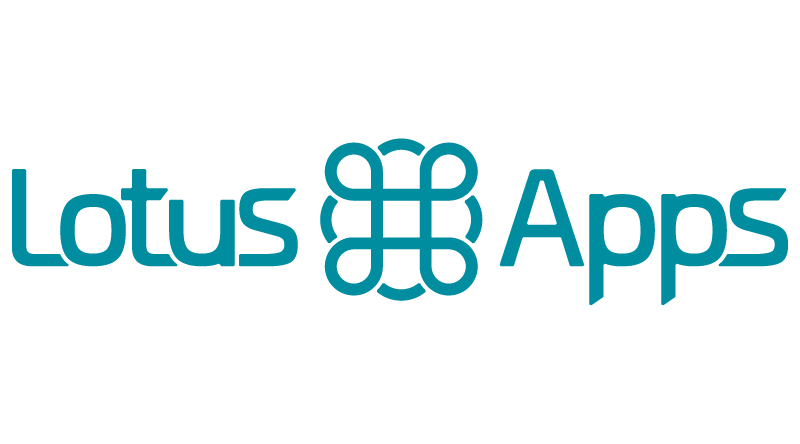Choosing a partner to help build your startup or small business product can be a daunting task and is an important one. Collaborating with the right group will resonate with your values, product and customers to build a platform and product that is strong and vibrant. Working with the wrong group will slow momentum, distract, and keep your startup from reaching potential.
What You're Asking Wrong
You have a list of questions you ask every potential partner to narrow down the field. Are you asking the right questions?
Can you give me an estimate without any background?
Here's some insider info: estimating work is hard, whether you're remodeling a kitchen or building a software product. Estimates are of course useful, but don't trust an estimate from a partner when adequate exploration, discussion and discovery haven't been performed.
What's the cheapest hourly rate?
Price is obviously and important factor in partner with a development team, but focusing on an hourly rate is a misguided effort. Partner with a team that can deliver value, be it advice, leadership, or quality product and focus less on how much you'll pay per hour.
What You're Not Asking
What you're not asking of from your partner is just as important and often overlooked. We think the following are discussion points that should be part of every possible exploration with a new development team.
Are you a silent partner or an advisor?
Unless you're a seasoned software maker already, it pays to partner with experienced craftspeople to not only build, but advise. Ask to see if your potential partner will silently build what you ask like a drone, or continuously question each product decision by framing with your platform goals, customer user experience, and budget.
How many clients stay long term?
You want to work with a partner who has long-term happy clients. Don't just ask for a number of clients they still work with, but get a feel for how what that level of engagement is. A partner that is still actively involved with clients long term is a good sign.
Do they turn away clients or projects?
See if the potential partner would or has a history of avoiding relationships or projects for beliefs, technology, workload, or else. Sensing that the partner has a clear vision of what their core skillset and best value is important - working with a partner that could "do anything" might mean a lack of expertise to deliver overall.









